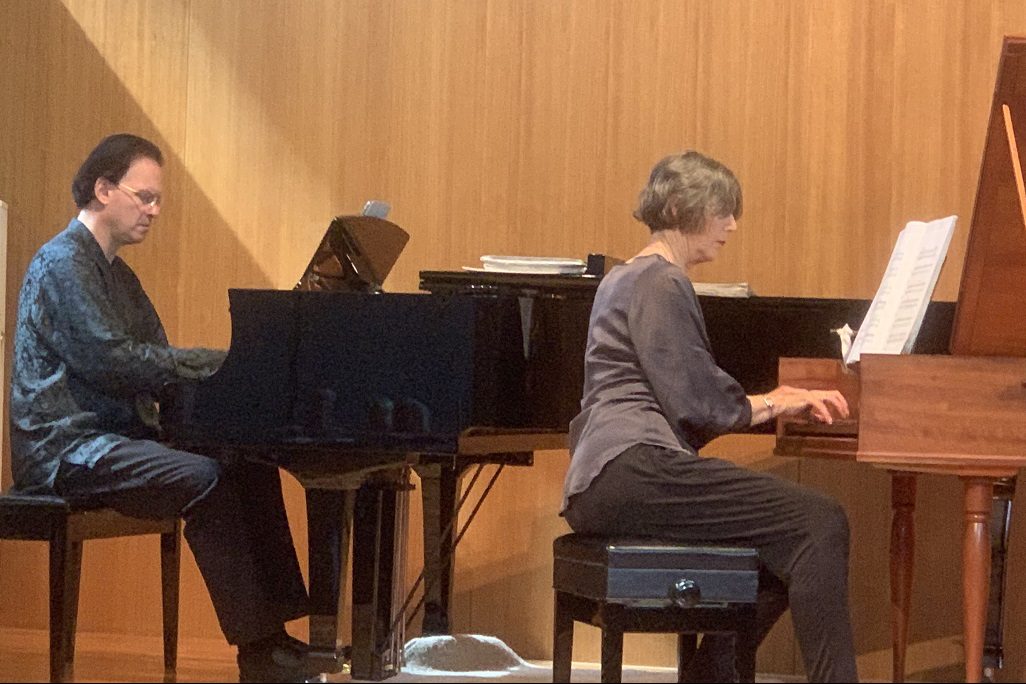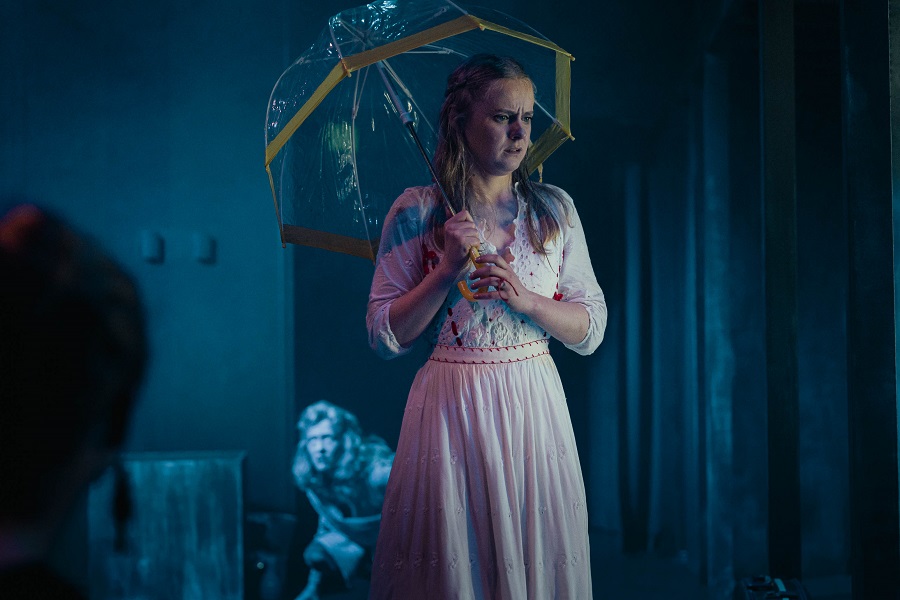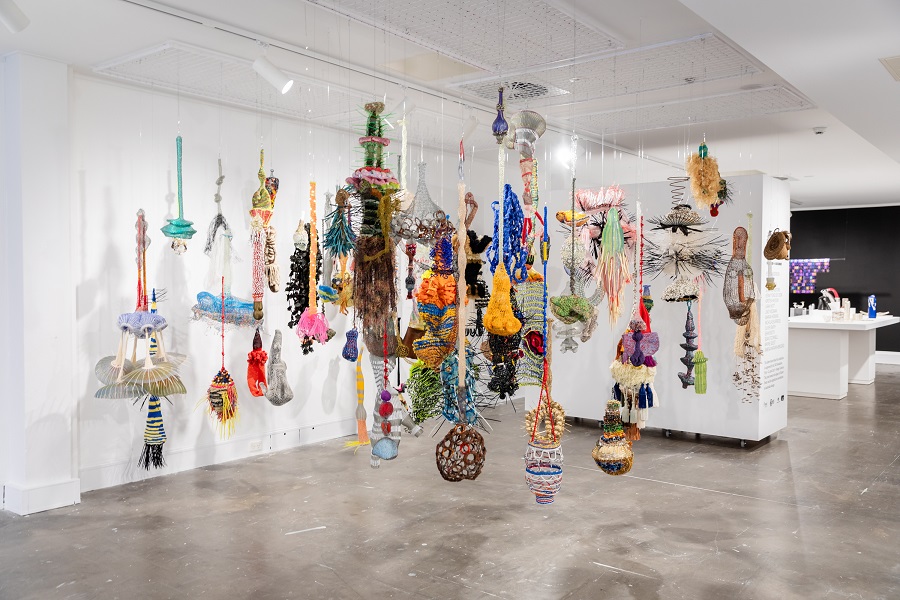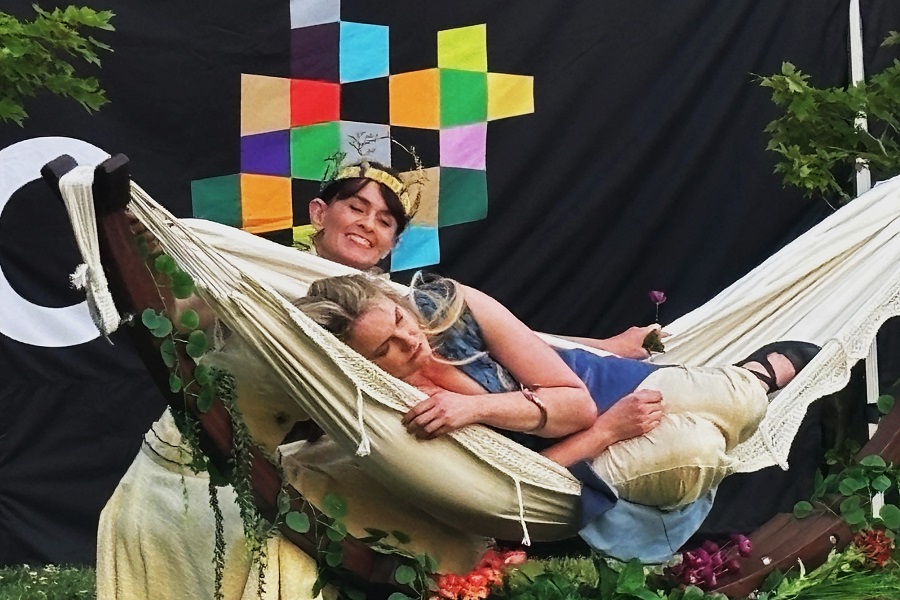
Music / “Silken Threads”, Michael Tsalka and Diana Weston. At Wesley Music Centre, November 11. Reviewed by GRAHAM McDONALD.
THIS was a fascinating and engaging concert of keyboard music with works for two harpsichords, piano and the unusual combination of a modern piano and harpsichord.
The two performers were Michael Tsalka, Israeli born and currently teaching music at the Hong Kong University in Shenzhen and Diana Weston, director of the Sydney-based early music ensemble Thoroughbass.
The first two works were arrangements for two harpsichords of a Vivaldi Trio Sonata and the Fandango from Boccherini’s Quintet for strings and guitar. The first was a little hesitant to start, but as the two performers found synchronisation this was quite charming. The essentially percussive native of the harpsichords worked well in the Boccherini, suggesting the strumming of the strings and the percussion at the heart of Spanish dance.
The two moved to the piano for the next work, Mozart’s Sonata for four hands in C major with Weston on the lower part and Tsalka playing the higher notes. After the distinctive and quiet tonality of the duo harpsichords the dynamics of the piano were a bit jarring at first but the ear adapted and the final allegretto movement with a repeated melodic theme was beautifully played.
The second half of the concert were works by Australian composers Ann Carr-Boyd and Elena Kats-Chernin for harpsichord and piano, an unusual combination. Carr-Boyd’s “Moonrise Over Lake Argyll” was evocative of the Kimberly region of WA, while Kats-Chernin’s “Ancient Letters” is a musical reflection of her homeland of Uzbekistan. Both are delightful pieces of music and exquisitely played by Weston on harpsichord and Tsalka on piano.
The small difficulty is the very different natures of the two keyboard instruments. The harpsichord is quiet with no dynamics. All notes are more or less the same volume. The pianoforte was seen as a great advance in keyboard technology in the 18th century being able to play both quietly and loudly with a much bigger sound overall.
Even though both composers carefully scored their music to avoid the piano overwhelming the quieter harpsichord, at times the harpsichord was just a bit lost. Perhaps I could make the heretical suggestion that for such music a decent microphone and a quality loudspeaker, perhaps under the harpsichord, might be able to bring the level of the instrument up just enough to make it a little more present in the room.
Regardless of these quibbles, this was one of the more interesting concerts heard this year, with Tsalka concluding with a semi-improvised solo piano work by Romanian composer Violeta Dinescu, composed for him earlier this year.
Who can be trusted?
In a world of spin and confusion, there’s never been a more important time to support independent journalism in Canberra.
If you trust our work online and want to enforce the power of independent voices, I invite you to make a small contribution.
Every dollar of support is invested back into our journalism to help keep citynews.com.au strong and free.
Thank you,
Ian Meikle, editor




Leave a Reply